With our skin being exposed to harmful toxins that can damage it as well as accelerate the aging process, it’s important for one to do all they can to protect it. Clay is a natural skincare ingredient that’s been used for centuries and is sure to leave you with healthy and glowing skin.
Extremely dense in skin-enriching minerals – particularly magnesium, iron, and copper. Magnesium helps to reduce acne, iron helps the skin to retain moisture and copper helps to encourage the production of collagen.
Regardless of whether you choose to use a mask or a beauty product that contains clay as an ingredient, you’re sure to be left with healthier skin in the end.
What is bentonite clay?
While there are many types, and colors, of clay to choose from, the most notable is bentonite clay.
Believe it or not, all bentonite clay is the remnant of volcanic ash, making it as pure and natural as it can be. It has a strong negative electromagnetic charge. When activated by water, this charge acts like a magnet and it then draws toxins out of the body. According to a 2017 review published in the Iranian Journal of Public Health, it was found to effectively treat skin rashes (1). A separate study also found that it helped to reduce the appearance of acne.
Benefits on the skin
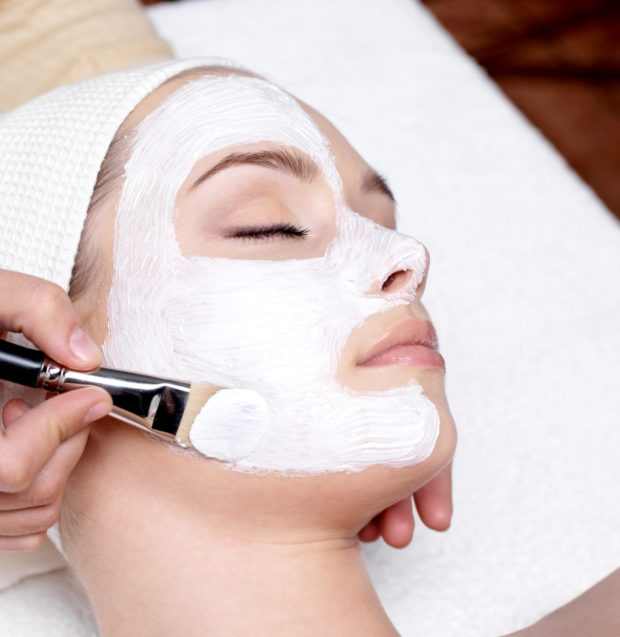
Regenerates skin tissue
Free radicals can damage skin tissue and this can leave one with dull and aged skin, accompanied by wrinkles and fine lines. Fortunately, clay can help to encourage the regeneration of new skin cells, and it can also heal the damaged ones.
In doing so, it serves to ease the appearance of wrinkles and fine lines all while encouraging proper blood circulation. The result is a youthful and fresher appearance.
Regulates the production of sebum
For those with oily skin, sebum may appear to be the one hurdle preventing them from having flawless skin. However, it is important to remember that sebum is not the enemy.
The body produces sebum so that it can protect and moisturize the skin. Unfortunately, external factors such as stress, a buildup of toxins or even an infection can result in the overproduction of sebum. Too much sebum in the skin breeds bacteria and this then results in an oily complexion as well as acne and blackheads.
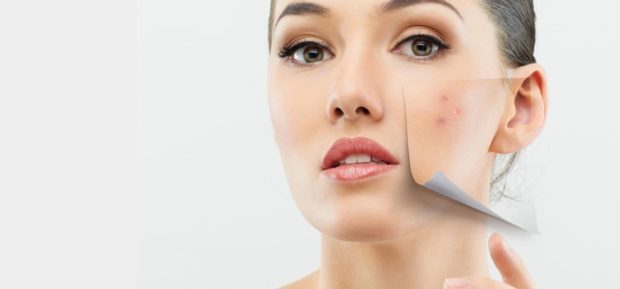
The application of the skin soaks up the excess sebum, cleans out the pores, and leaves you with clearer and softer skin.
Remove impurities from the skin
Our surroundings can be extremely toxic to the skin and the buildup of dirt, oil, sweat, and pollution over an average day can leave one with dull skin and enlarged pores.
If you were wondering why clay masks had risen in popularity, this is why. As mentioned, bentonite clay has a strong negative electromagnetic charge. A lot of the toxins that find their way onto the skin have a positive charge therefore when used on the skin, the toxins bind to it and this also refines and unclogs your pores. One is then left with glowing and even-toned skin.
Softens skin
Silica is a trace mineral found in bentonite clay. It also happens to be the most abundant mineral in the earth’s crust.
Found in the body, silica is responsible for the manufacturing of collagen, muscles, and ligaments. By using it on your skin, silica helps to your appearance by softening and smoothing out your skin.
Which clay is right for me?
While bentonite clay is the most common type of clay in skincare, there are other types that can cater to specific skin type concerns.
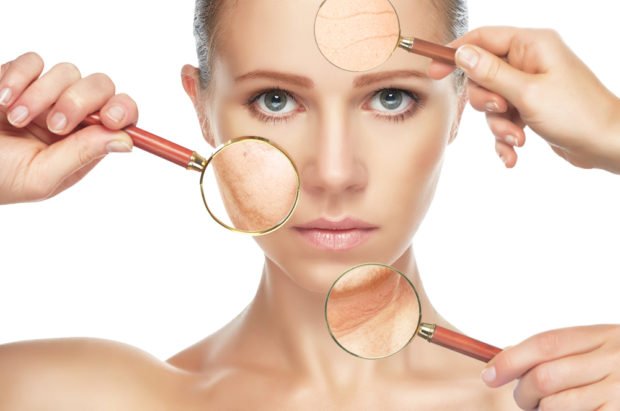
- Green clay is perfect for those with oily skin as it helps to remove oil and other impurities from the skin’s surface.
- Kaolin clay, often referred to as white clay, contains the ingredient kaolin. It helps to repair both skin and hair health, and it is gentle on the skin thus it is perfect for sensitive skin.
- Red clay is extremely rich in iron oxide and is best suited for congested and tired skin as it stimulates blood circulation which then brightens and wakes up the skin.
Using clay in your skincare routine
If you’re looking to start using a clay mask, the best way to do so would be by layering it with only your skin and leaving it for no more than 15 minutes before rinsing it off. Try to use the mask 2 to 3 times a week for the best results.
Furthermore, clay can dry on the skin so be sure to follow up the masking session with a serum and moisturizer.
Want to know more?
You can also go the DIY route and create your own clay mask. Try out this homemade recipe from StyleCraze and enjoy your flawless and fresh skin.
What You Will Need
- 1 teaspoon bentonite clay
- 1 teaspoon of water or ACV
- Wooden or ceramic bowl – for mixing
- Wooden spatula – to blend and apply
What You Need To Do
- Mix apple cider vinegar and bentonite clay in a bowl.
- If you have sensitive skin, skip this and just use water. You can also use rose water.
- Blend it until you achieve a smooth consistency – with no lumps.
- Apply the mask all over your face and neck evenly.
- Leave it on for about 25-30 minutes or until it dries up.
- Clean your face with cold water (use a sponge first).
- Pat it dry and finish with a moisturizer.


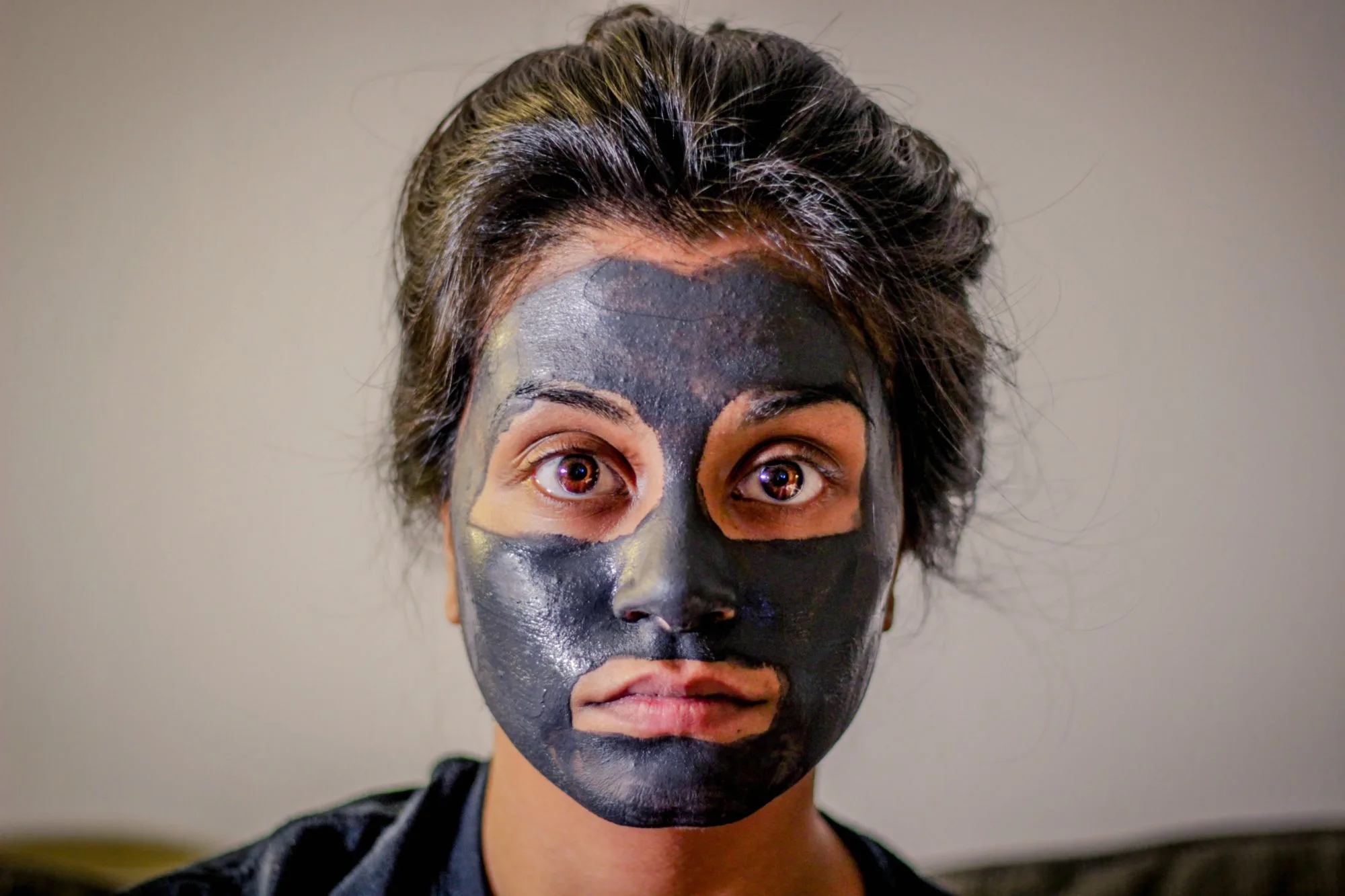
![women [longevity live]](https://longevitylive.com/wp-content/uploads/2020/01/photo-of-women-walking-down-the-street-1116984-100x100.jpg)







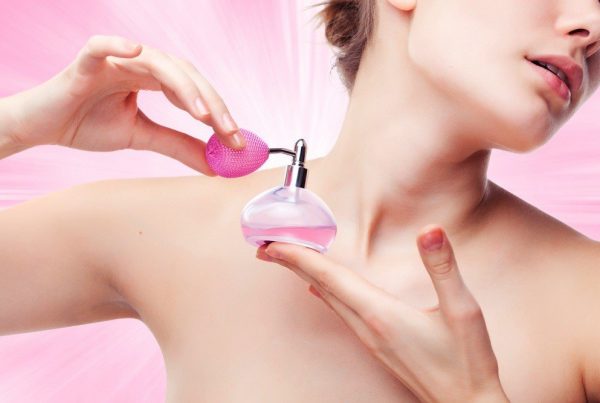



That is interesting that you could start using clay masks to help with beauty. Maybe it would be good to find a blog for some beauty tips. This way, I would be able to help my skin to look better.